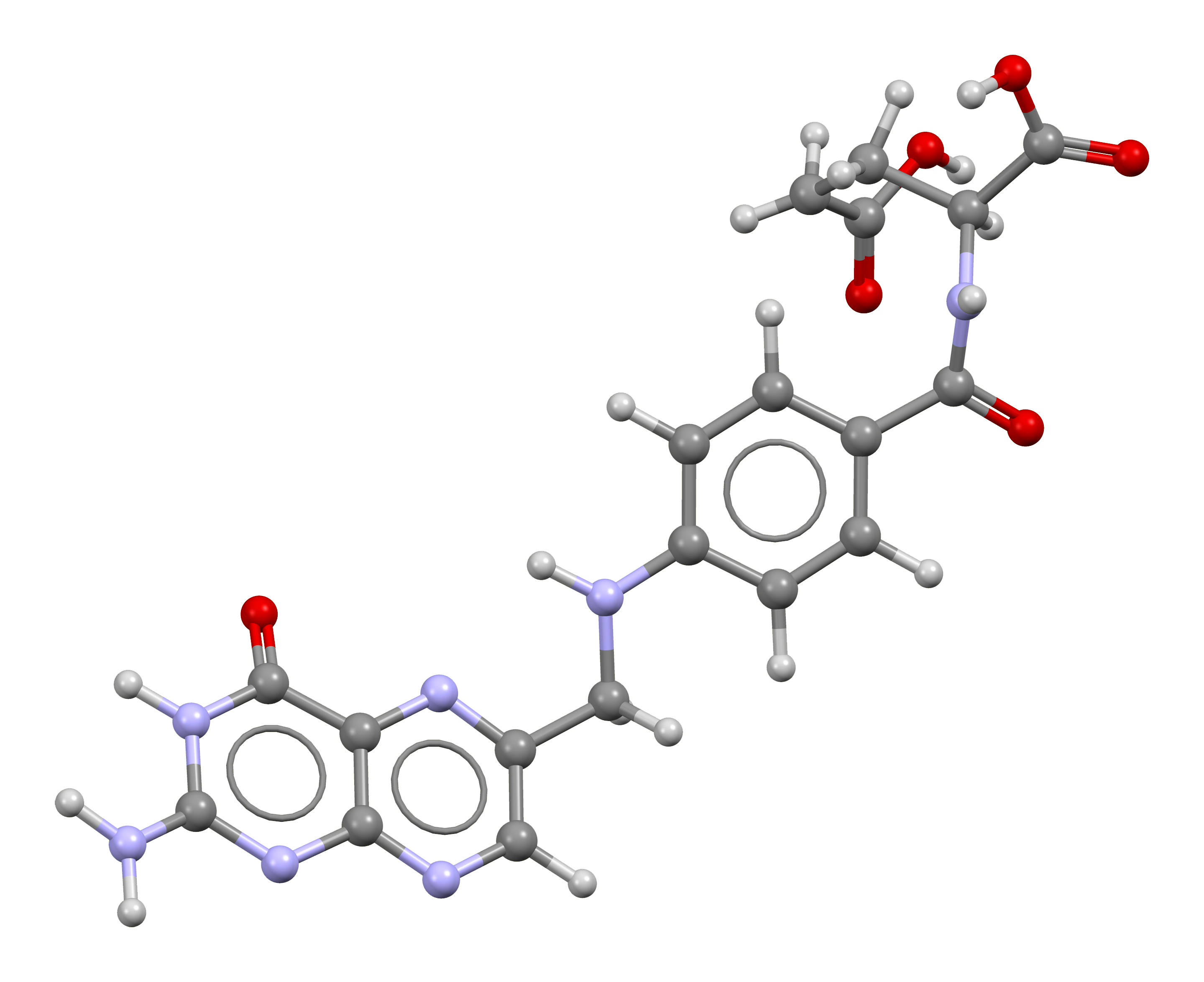Blood Chemistry 101 from a Functional Medicine Perspective
- Introduction to Blood Test Analysis
- Understanding Complete Blood Count (CBC)
- Insight into Complete Metabolic Panel (CMP)
- Studying Vitamin D
- Inflammation Markers - CRP
- Decoding Thyroid Markers
- Iron Markers
- Lipid Panel Assessment
- Micronutrient Markers: Folate, Vitamin B12
- Micronutrient Markers: Zinc, Copper, Magnesium
- Other Key Blood Chemistry Markers
- Implementing Lifestyle Recommendations for Improved Markers
- Pulling It All Together – Your Personal Health Assessment
Micronutrient Markers: Folate, Vitamin B12
Understanding the Importance of Folate and Vitamin B12

Chemical compound.
Folate and Vitamin B12 are two essential micronutrients that play a crucial role in the body's overall health and well-being. This article aims to provide a comprehensive understanding of these micronutrients, their significance in various bodily functions, and the impact of their deficiencies and excesses.
The Role of Folate and Vitamin B12 in the Body
Folate, also known as Vitamin B9, is a water-soluble vitamin that is naturally present in many foods. It plays a vital role in the synthesis and repair of DNA and RNA, aids in rapid cell division and growth, and is necessary for the production of red and white blood cells in the bone marrow. Folate is also essential for proper brain function and mental and emotional health.
Vitamin B12, also known as cobalamin, is a water-soluble vitamin that is involved in the metabolism of every cell of the human body. It is crucial for the formation of red blood cells, neurological function, and DNA synthesis. Vitamin B12 and folate are interdependent in their metabolic functions and are crucial to the pathway that regenerates methionine, an amino acid, from homocysteine.
The Significance of Folate and Vitamin B12 in Various Bodily Functions
Folate and Vitamin B12 are essential for several bodily functions:
-
Cellular Health: Both folate and Vitamin B12 are necessary for the production and maintenance of cells, especially red blood cells. They also play a crucial role in DNA and RNA synthesis, which is the genetic material that guides cell formation.
-
Neurological Function: Vitamin B12 is essential for neurological function, contributing to the health of nerve cells and the formation of the nerve cell's protective covering, known as the myelin sheath.
-
Heart Health: Folate and Vitamin B12 play a significant role in the conversion of homocysteine to methionine, thus preventing the accumulation of homocysteine, a substance that, at high levels, can increase the risk of heart disease.
-
Mental Health: Folate is necessary for proper brain function and plays a significant role in mental and emotional health. It helps in the production of serotonin, a neurotransmitter that regulates mood, sleep, and appetite.
The Impact of Deficiencies and Excesses of Folate and Vitamin B12
Deficiencies or excesses of these micronutrients can lead to several health problems:
-
Folate Deficiency: This can result in a form of anemia that is characterized by the production of unusually large red blood cells that can't function correctly. Other symptoms include fatigue, heart palpitations, shortness of breath, open sores on the tongue, and changes in the color of the skin or hair.
-
Vitamin B12 Deficiency: This can also lead to a type of anemia known as pernicious anemia, characterized by a lack of healthy red blood cells. Symptoms include fatigue, weakness, constipation, loss of appetite, weight loss, and neurological changes such as numbness and tingling in the hands and feet.
-
Excess Folate: While rare, it can mask the symptoms of Vitamin B12 deficiency, delaying diagnosis and worsening the associated anemia and neurological damage.
-
Excess Vitamin B12: While rare, some people may experience side effects such as skin rashes, heart palpitations, or anxiety.
Understanding the importance of folate and Vitamin B12, their roles in the body, and the potential impact of their deficiencies and excesses is the first step towards managing your health better. The next units will delve into understanding their laboratory ranges and the functional medicine approach to maintaining optimal levels.